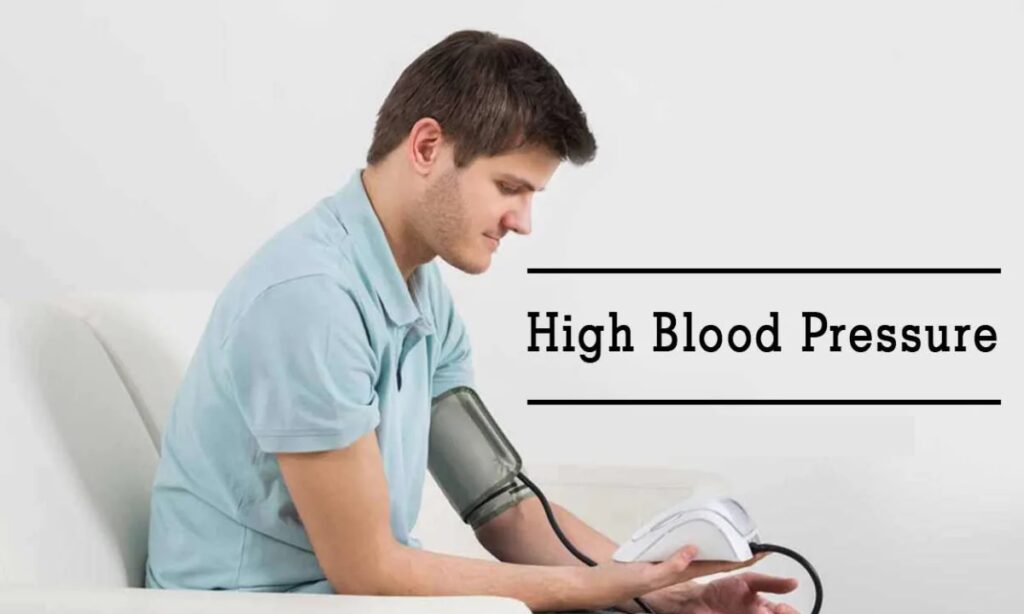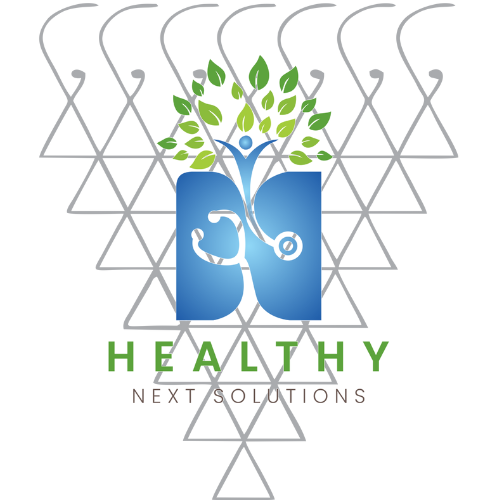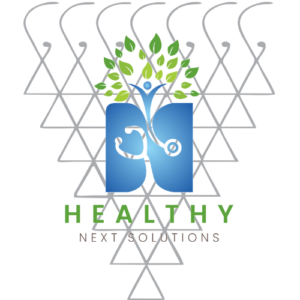
High Blood Pressure (Hypertension): How to Recognize, Manage & Prevent the “Silent Killer”
Introduction
High blood pressure—also known as hypertension—is often called the silent killer because it may not show obvious symptoms but over time can severely damage your health. According to the World Health Organization (WHO), hypertension is defined when the pressure in your blood vessels is too high (for example 140/90 mm Hg or higher). World Health Organization In this article you’ll discover what high blood pressure is, why it matters, what the risk factors are, how to recognise it, and most importantly – what you can do to manage or prevent it. With high-search keywords such as “high blood pressure causes”, “how to lower blood pressure naturally”, “hypertension symptoms”, “blood pressure reading meaning”, and “hypertension treatment”, we’ll provide a thorough and friendly guide for you and your loved ones.
What is High Blood Pressure?
Blood pressure refers to the force exerted by circulating blood against the walls of blood vessels (arteries). It is expressed by two numbers: the systolic (upper) number and the diastolic (lower) number. The first (systolic) number measures the pressure when the heart beats; the second (diastolic) measures the pressure when the heart rests between beats. Cleveland Clinic+1
Typically:
- Normal blood pressure: Less than 120/80 mm Hg. NHLBI, NIH+1
- Elevated: Systolic 120-129 and diastolic less than 80. NHLBI, NIH+1
- Stage 1 hypertension: Systolic 130-139 or diastolic 80-89. www.heart.org+1
- Stage 2 hypertension: Systolic 140 or higher, or diastolic 90 or higher. NHLBI, NIH+1
What this means in practice is: when your blood pressure is consistently high, your heart and arteries are under increased strain—and this can lead to damage over time.
Why It Matters: The Risks of Untreated Hypertension
Unchecked high blood pressure can have wide-ranging consequences because it impacts vital organs and your cardiovascular system. Some key risks include:
- Increased risk of heart attack, stroke, and heart failure. Mayo Clinic+1
- Damage to kidneys: high blood pressure can lead to narrowing or weakening of the blood vessels in the kidneys, impairing their function. Mayo Clinic
- Eye damage: hypertensive retinopathy and vision problems may occur. MedlinePlus
- Atherosclerosis: over time the high pressure can create tiny tears in artery walls, leading to build-up of plaque and narrowing of arteries. www.heart.org
Because many people do not experience clear symptoms, high blood pressure often goes unnoticed until complications arise—hence the “silent killer” moniker. www.heart.org+1
Common Risk Factors & Causes
Risk factors you cannot change
- Age: the older you get, the more likely you are to develop hypertension. World Health Organization
- Family history and genetics. Cleveland Clinic+1
- Ethnicity: certain ethnic groups have higher predispositions. nhs.uk
Modifiable risk factors: what you can influence
- Being overweight or obese. World Health Organization+1
- Diet high in salt (sodium), saturated fats, processed foods. nhs.uk+1
- Physical inactivity or sedentary lifestyle. CDC
- Excess alcohol consumption, smoking and high stress. nhs.uk
- Other medical conditions: diabetes, chronic kidney disease, hormonal disorders can provoke secondary hypertension. Cleveland Clinic+1
Types of Hypertension
- Primary (essential) hypertension: This is the most common type, develops gradually over years without a clearly identifiable cause. NCBI+1
- Secondary hypertension: Caused by an underlying condition (for example kidney disease, endocrine disorders) or certain medications. Cleveland Clinic
Recognising the Signs: Symptoms & When to Get Checked
Because high blood pressure often shows no symptoms, early detection is key. The only reliable way is to have your blood pressure measured. CDC+1
That said, some people may notice:
- A headache, especially in the morning. nhs.uk
- Blurred vision. nhs.uk
- Chest pain, shortness of breath or nosebleeds (though these are more likely when BP is very high). www.heart.org
When to check: - If you are over 30 (or earlier if you have risk factors) make it a habit to monitor your blood pressure.
- If you detect readings consistently above 130/80 mm Hg, talk to your doctor.
Important note: If your blood pressure reaches or exceeds 180/120 mm Hg, this could be a hypertensive crisis and you may need emergency care. NHLBI, NIH+1
Diagnosing & Monitoring High Blood Pressure
Your doctor will confirm hypertension diagnosis using blood pressure readings taken on more than one occasion. Home monitoring or ambulatory monitoring may also be used. MedlinePlus
Key points:
- Always rest before measurement.
- Use a correct-sized cuff and follow instructions (or have a trained person do it).
- Monitor periodically (especially if you have risk factors).
- Keep a log of readings and share with your doctor.
In India and other locations, given lifestyle and risk-factor prevalence, it is increasingly important to monitor BP regularly even if you feel fine.
How to Manage & Lower High Blood Pressure: Lifestyle First
Management of high blood pressure usually begins with lifestyle changes—and these should not be underestimated. They often deliver significant benefit.
1. Adopt a Healthy Diet
- Reduce salt intake: Limiting sodium can significantly reduce blood pressure.
- Focus on fruits, vegetables, whole grains, lean proteins, low-fat dairy. The well-known DASH diet (Dietary Approaches to Stop Hypertension) has proven effects in lowering blood pressure. Wikipedia+1
- Avoid processed foods, excessive saturated fats and added sugars.
2. Maintain or Achieve Healthy Weight
As weight increases, the risk of hypertension rises. Even a modest weight loss can help reduce blood pressure.
3. Engage in Regular Physical Activity
Aim for at least 150 minutes of moderate-intensity aerobic exercise per week (e.g., brisk walking), plus muscle-strengthening activities. Exercise helps make the heart stronger and improves blood-vessel elasticity.
4. Limit Alcohol, Quit Smoking, Manage Stress
- Excess alcohol and smoking both raise blood pressure and damage arteries.
- Long-term stress may contribute to hypertension; techniques such as meditation, yoga, breathing exercises, and adequate sleep can help. CDC
5. Regular Monitoring & Follow-Up
Make sure you check your blood pressure regularly—at home or with a healthcare provider—and review results with your doctor. Early detection and consistent control reduce risk of complications.
When Medication Is Needed
If lifestyle changes are not enough to bring your blood pressure down, or if you already have damage or other risk factors (like diabetes, kidney disease, heart disease), your doctor may recommend medicines. www.heart.org
There are many classes of antihypertensive drugs (ACE inhibitors, ARBs, Beta-blockers, Diuretics, Calcium-channel blockers etc.). Your doctor will choose based on your entire health profile.
Remember: even when on medication, lifestyle measures remain important—they often enhance effectiveness and reduce need for multiple drugs.
Living with Hypertension: Tips for Making It Work
- Keep a daily log of your blood pressure readings.
- Track your diet, exercise and weight—small improvements add up.
- Stay consistent: the benefits of good control come over months and years.
- Remember that blood pressure control isn’t just about the numbers on the cuff—it’s about reducing risk of heart attack, stroke, kidney disease and prolonging healthy life.
- In the context of India (or Varanasi/India generally), beware of high-salt diets, processed snacks, stress of urban life, physical inactivity—these raise the risk.
- If you have high blood pressure and experience symptoms like chest pain, shortness of breath, sudden vision changes or weakness on one side—seek medical attention immediately; these might signal serious complications.
Frequently Asked Questions (FAQ)
Q: Can I feel if my blood pressure is high?
A: Typically no. High blood pressure is often asymptomatic, hence the nickname “silent killer”. www.heart.org+1
Q: What should my target blood pressure be?
A: For many healthy adults, a target of below 130/80 mm Hg is considered good (depending on local guidelines and your health conditions). Always follow your doctor’s advice. Cleveland Clinic+1
Q: Can high blood pressure be cured?
A: In many cases, by adopting healthy lifestyle changes (diet, exercise, weight loss, limiting alcohol/smoking) you can lower your blood pressure significantly. However, in most cases you’ll have to monitor it lifelong and maintain healthy habits. Some people will need medication.
Q: How often should I check my blood pressure?
A: If you’re healthy with no risk factors, at least annually. If you have hypertension or risk factors, your doctor may advise more frequent checks or home monitoring. Mayo Clinic
Prevention: Stay Ahead of Hypertension
Preventing high blood pressure—or preventing it from worsening—is a smart move for your long-term well-being.
- Adopt a heart-healthy lifestyle early: healthy diet, regular activity, maintain weight.
- Limit salt: the less added salt and processed food in your diet, the lower your risk.
- Avoid smoking, limit alcohol, manage stress.
- Get screening regularly—especially if you’re over 30, have family history or other risk factors.
- Encourage loved ones (parents, siblings) to also monitor and pay attention.
Summary & Key Take-Home Points
- High blood pressure (hypertension) is when your blood pressure is consistently elevated and increases the risk of serious health problems. NHLBI, NIH+1
- Often there are no symptoms, which is why regular monitoring is vital.
- Many risk factors—some you can’t change, many you can (diet, weight, activity, smoking, alcohol).
- Lifestyle changes form the cornerstone of management and prevention; medication complements them when needed.
- Keep numbers in check, maintain consistent healthy habits, and follow your doctor’s guidance.
By treating high blood pressure proactively, you’re protecting your heart, kidneys, brain—and enhancing quality and longevity of life.
References
- “High Blood Pressure (Hypertension) – Symptoms and Causes,” Mayo Clinic.
- “Hypertension (High Blood Pressure): Symptoms and Causes,” Cleveland Clinic.
- “What Is High Blood Pressure?” National Heart, Lung, and Blood Institute.
- “Hypertension,” World Health Organization.
- “High Blood Pressure,” Centers for Disease Control and Prevention (CDC).
- “High Blood Pressure (Hypertension) – Causes and Symptoms,” Healthline.
- “Essential Hypertension,” StatPearls/NCBI Bookshelf.



